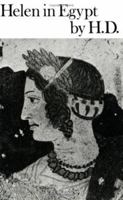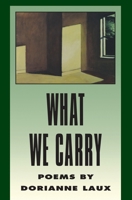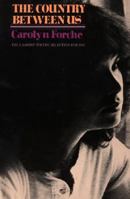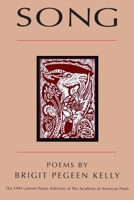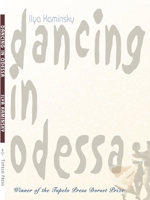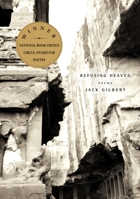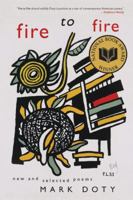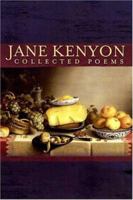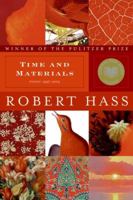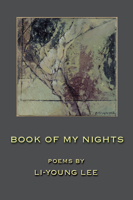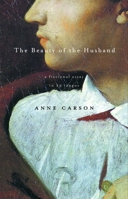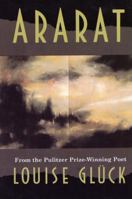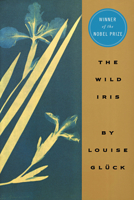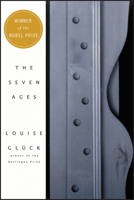Spiritual Passages: The Psychology of Spiritual Development (Spiritual Passages, Paper)
Select Format
Select Condition 
You Might Also Enjoy
Book Overview
Customer Reviews
Rated 5 starsplease
Purchased just as described. I've read the book before and actually purchased as a gift for a friend. Fr. Groeschel is uplifting and wise.
0Report
Rated 5 starsExcellent Resource for Faith Formation
This is a great treatment of spiritual formation in light of psychological growth. Fr. Benedict J. Groeschel guides the reader through spiritual childhood, adolescence and adulthood. It is a particularly beneficial read for spiritual directors or those simply wanting to seriously examine their own growth process. While not opaque, this is also not a light, feel-good book for the bedside. It will be most appreciated by students...
0Report
Rated 5 starsAncient but Postmodern Spiritual Development
In a world struggling with postmodern issues of diversity and truth Groeschel, using the ancient model of Catholic spiritual pilgrimage, offers a meaningful perspective into our spiritual development. Not only is our spirituality inextricably tied to every other aspect of life and development, our unique history and experience condition the way we perceive God. Though not exclusive, Groeschel suggests four primary orientations...
0Report
Rated 5 starsVERY HIGHLY RECOMMENDING this book!
Fr. Benedict is one of the most brilliant teachers i've ever heard. He speaks at Catholic conferences and on his own cable show in the East Coast (USA). His pellucid explanations, on diverse topics (relevant to the spiritual life of everyone), have no rival in the English language. This book outlines the different stages of spiritual growth. Since the spirit, (in contrast to the soul) is discussed, it's relevant to...
0Report














